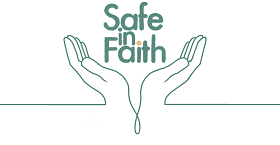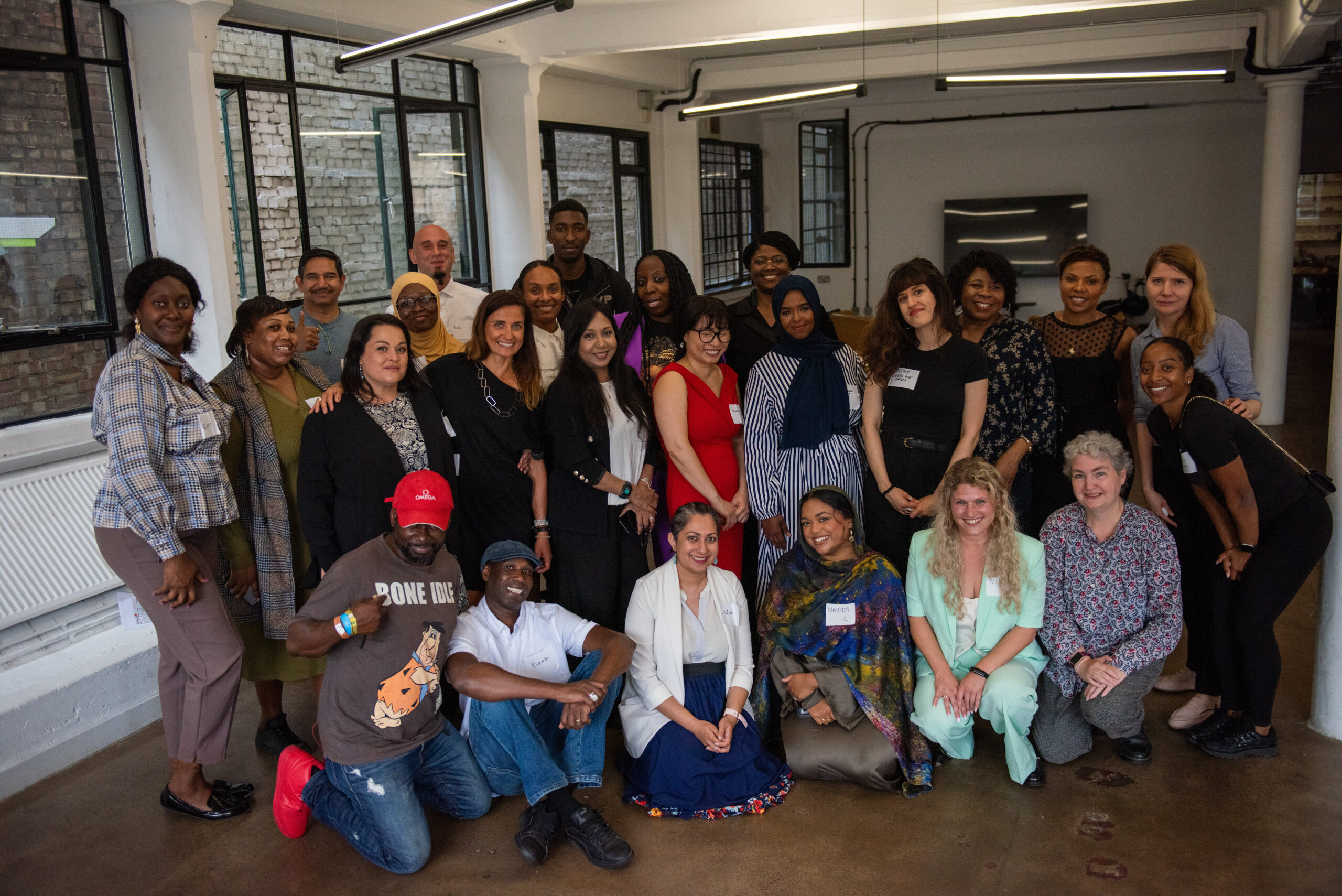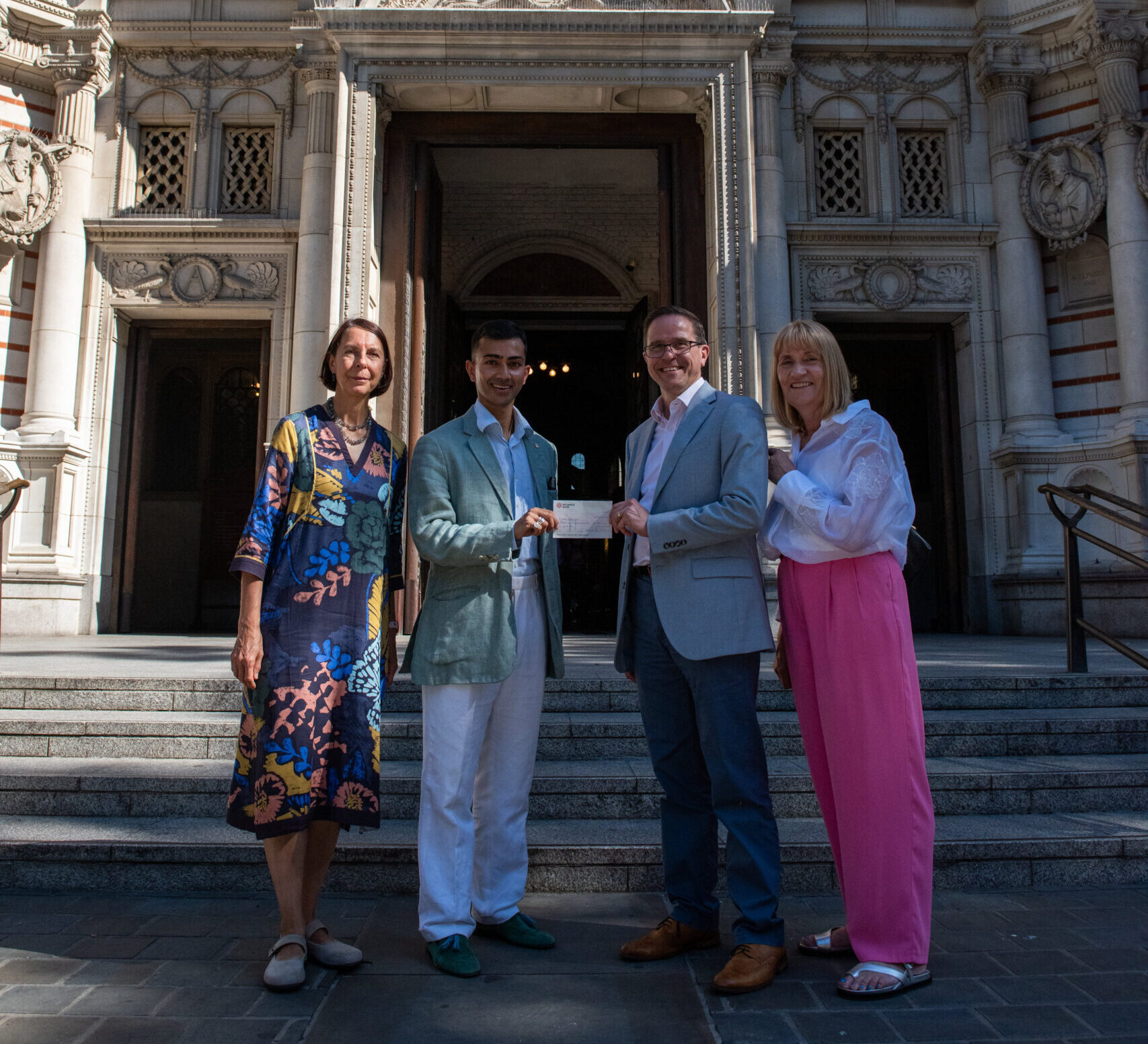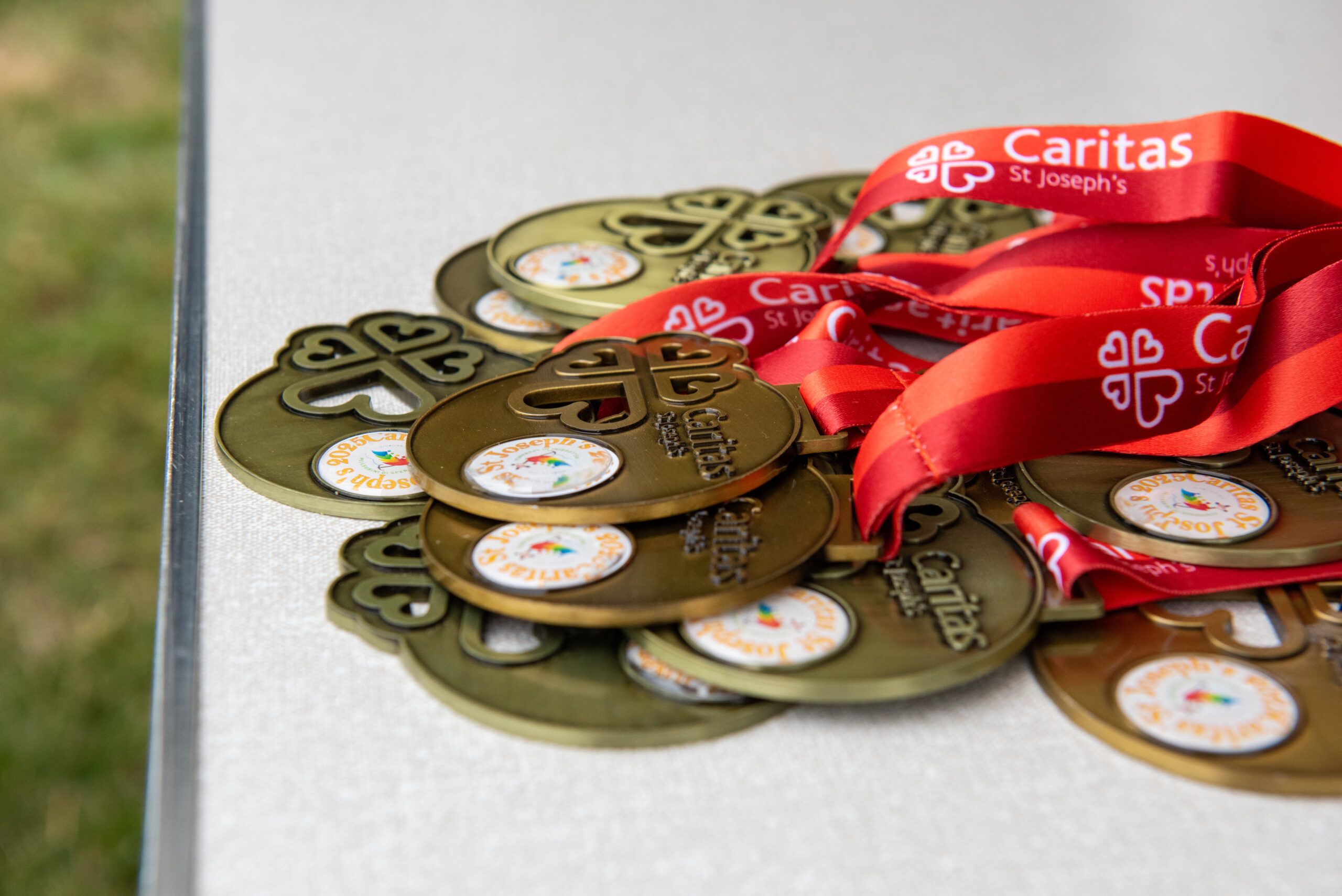Nikki Dhillon Keane has worked for the Diocese of Westminster for 25 years, initially in the Deaf Service, founding Signs of Hope, our counselling service for the Deaf Community in 2001. In recent years Nikki has focussed on Domestic Abuse, and in particular, the churches response to survivors of abuse. This has culminated in Caritas Westminster’s newest service, Safe In Faith, which is about to celebrate its second anniversary.
This is Nikki’s reflection on the International Day to End Violence Against Women and Girls, and the rarely considered form of abuse: Spiritual Abuse.
Ever since 1981, the 25th November has marked the UN international day for ending violence against women and girls (VAWG), and the start of 16 days of global activism, culminating on international human rights day on December 10th. This is an important period of time globally, but also for the Catholic Church; working to end violence against women and girls is deeply rooted in Catholic Social Teaching. VAWG remains the most prevalent human rights violation in the world; according to UN Women more than 5 women are murdered by a partner or family member every hour.
Violence against women and girls is most often perpetrated by the very people who are closest to them; their husbands, partners or family members. Here in the UK, on average, a woman is attacked in her home every six seconds; that could be 20 women attacked in the two minutes it probably takes you to read this blog.
Women of faith often face additional barriers when they are seeking safety from domestic abuse, and many domestic abuse services are not equipped to meet their spiritual needs. Recent research (by Oakley and Wright: Turn the Tide 2023, University of Chester) into experiences of Christian survivors of domestic abuse found that 60% of survivors were subjected to spiritual abuse by their perpetrators. This devastating form of domestic abuse often goes unrecognised; it can take the form of twisting and weaponising scripture or religious beliefs in order to trap and control a victim, for example demanding repeated forgiveness, justifying violence or marital rape, or suggesting that abuse is actually a punishment from God. As a result, some victims can feel abandoned by God, or even worse, that the abuse is God’s will. It is the most powerful and effective form of coercive control for someone with a deeply rooted faith.
Catholic victims and survivors may turn to their parish priest for support, and while some are able to provide life-saving help, others may give advice based on a misunderstanding of Church teaching or of the nature of abuse. Maggie (not her real name) turned to her parish priest after enduring over 25 years of dangerous abuse from her husband, only to be told to pray and thank God for her suffering. In desperation, she sought help from her local domestic abuse service, who advised her to give up her faith. As a result, she returned to her husband and endured five more years of abuse. By the time she found informed help from within the Church, she was lucky to be alive.
In fact, Canon Law is very clear that “A spouse who occasions grave danger of soul or body to the other or to the children, or otherwise makes the common life unduly difficult, provides the other spouse with a reason to leave…” (CIC1153). Caritas Westminster’s Safe in Faith project educates Catholic clergy, religious sisters and pastoral workers to provide trauma-informed spiritual support and to signpost victims to safety. It also trains a multifaith network of counsellors and psychotherapists to provide faith-literate therapy which is able to address and challenge spiritual abuse.
Pope Francis has spoken out many times, calling all Catholics to work together to end violence against women, saying that to mistreat a woman is a “blasphemy against God.” CSAN and the National Board of Catholic women have joined the Holy Father’s call to action, in a statement released to mark this year’s international day for ending violence against women. The statement is accompanied by a 16-day calendar to help all Catholics join this global movement. You can read the statement and download the calendar here.
For the 16 days of 2023, let us all be inspired to join the Holy Father and the global movement to make the world a safer place for women and girls everywhere.
To find out more about the needs of women of faith who are survivors of domestic abuse, see this report by the Faith and VAWG Coalition




